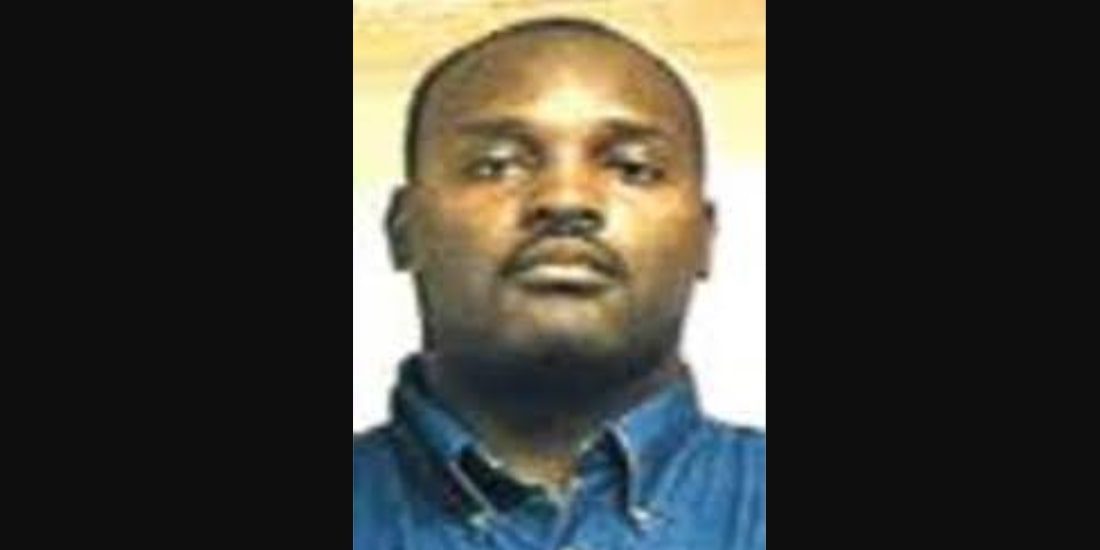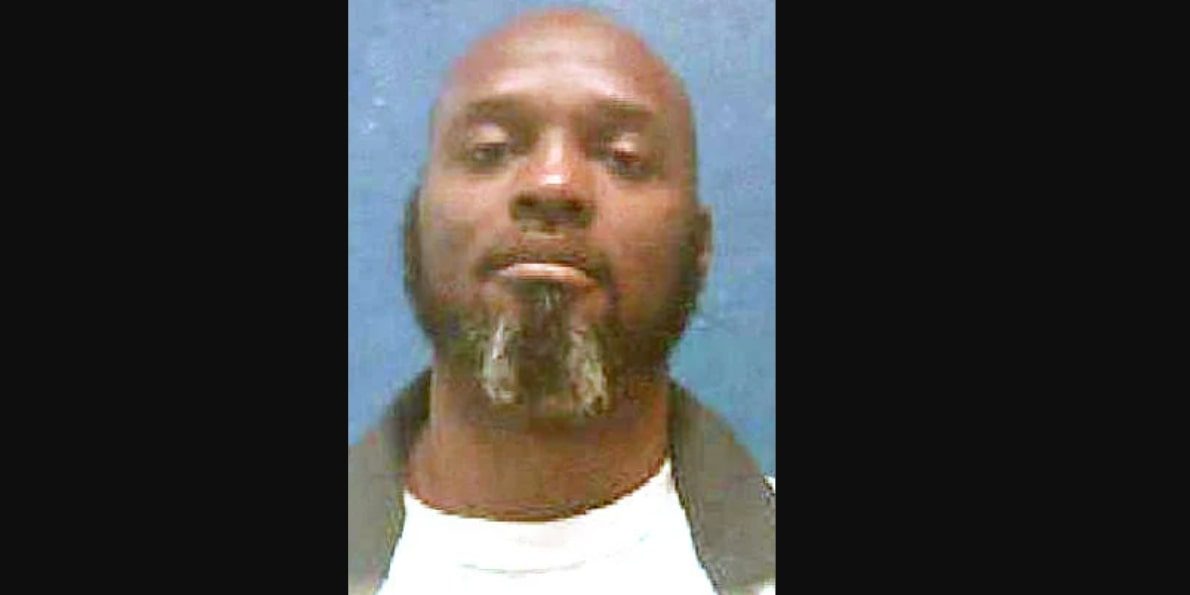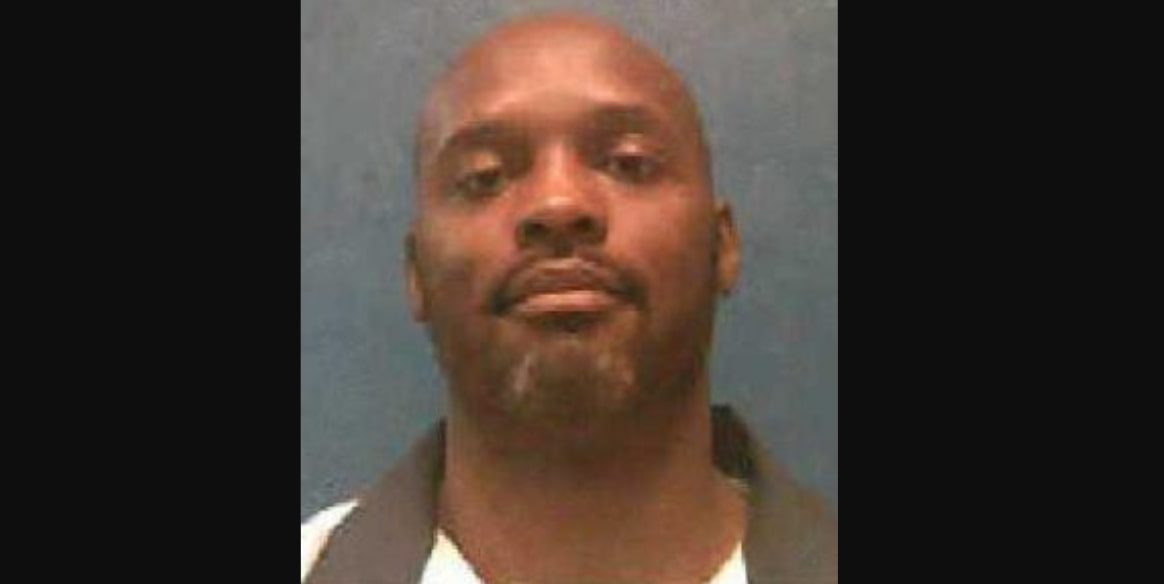The Tri-State Crematory scandal in 2002 involved the discovery of over 300 decaying bodies at the Marsh family’s crematory in Noble, Georgia. Instead of being cremated, the bodies were discarded on the property, with families receiving cement powder or wood chips as ashes. Ray Brent Marsh, who managed the crematory, played a central role in the scandal. Despite being aware of the situation, he continued the fraudulent practice for years. In the podcast, ‘Noble,’ Ray’s arrest and the subsequent onslaught of attention to the lack of regulatory oversight in the funeral industry have been highlighted.
Decomposed Human Remains Were Found on Ray Marsh’s Crematory
The Tri-State Crematory was established in the mid-1970s by Tommy Marsh, a well-respected figure in Noble in LaFayette, Georgia. Alongside the crematory, Tommy operated other businesses, such as tent rentals and vault construction, and his crematory served funeral homes across Georgia, Alabama, and Tennessee. In the mid-1990s, Tommy’s health began to decline, leading his son, Ray Brent Marsh, to take over the business in late 1996. For the first few years, operations appeared normal until 2000, when a propane delivery truck driver raised concerns after noticing something suspicious during regular visits to the property.

The propane delivery driver reported seeing human remains around the Tri-State Crematory property to the Walker County Sheriff’s Office. A deputy sheriff inspected the site but found nothing unusual, and no further action was taken. In November 2001, the Environmental Protection Agency in Atlanta received a similar complaint, but again, nothing was discovered. However, on February 14, 2002, federal agents received an anonymous tip about a person walking their dogs on the crematory property who had encountered human remains. The next day, agents arrived at the site and uncovered piles of human remains in storage areas, vaults, and various locations both inside and outside the property.
The police quickly realized the magnitude of the situation and identified Ray Brent Marsh as the man responsible. In the following days, a federal disaster management team and a portable morgue were brought in to manage the crisis. The process of identifying the bodies began, but it proved challenging due to the advanced decomposition of many remains. Survivors with living relatives were identified primarily through DNA testing. Ultimately, authorities recovered 339 uncremated bodies, with 113 remaining unidentified.
Civil and Criminal Cases Flooded Ray Marsh’s Life
On February 16, 2002, Ray Brent Marsh was arrested on the grounds of the Tri-State Crematory, where his parents still resided. He was charged with theft by deception, and the police concluded that his father, due to his limited mobility and bedridden condition, was unaware of the ongoing atrocities. The motives behind Ray’s crimes remained unclear. Some bodies were found in their caskets, abandoned on the property. Ray initially claimed that his incinerator had malfunctioned, which did not justify the lack of proper maintenance. Georgia eventually charged Ray with 787 counts, including theft by deception, abuse of a corpse, burial service fraud, and giving false statements. It was also revealed that he had given some families concrete dust as the ashes of their deceased loved ones.
In 2004, Ray Brent Marsh pleaded guilty to all charges against him, leading to a global settlement that resolved both the criminal cases and related civil litigations, including a federal class-action lawsuit. He was sentenced to 12 years in prison, to be served concurrently in Georgia and Tennessee, for the criminal charges. Additionally, the State of Georgia imposed 75 years of probation. The sentencing was influenced by a ruling from the Georgia Supreme Court, which established that a human corpse held pecuniary value, contrary to traditional common law, marking a significant legal precedent in the case.
Around 1,700 families whose loved ones’ remains were discovered on the Tri-State Crematory property filed lawsuits against the crematory and the funeral homes that had sent the bodies there. These families were granted class-action status in courts in both Georgia and Tennessee. The Tennessee case was eventually consolidated with another case filed in the United States District Court for the Northern District of Georgia.
Ray Brent Marsh is Serving His Probation Sentence Today
Two trials followed, with the first ending unsuccessfully as a settlement could not be reached. During the second trial, which began in August 2004 and concluded in the spring of 2005, the families settled with Ray’s family. This included an agreement to demolish all buildings on the property. The land was placed in a trust to prevent future crematory operations and to serve as a memorial for those whose remains had been mistreated. An uncollectable $80 million judgment was issued against the Marsh family, pending a state court’s decision on whether the incident fell under the family’s homeowner’s insurance policy coverage.

In response to claims that Ray’s assets were insufficient to cover the damages, Georgia Farm Bureau, the Marsh family’s insurer, settled in 2007 and paid $18 million to the plaintiffs. The funeral homes involved in the case sued Tri-State and Ray Brent Marsh, initially settling for $36 million and securing an additional $3.5 million from their insurer. In February 2007, Ray’s defense team disclosed that he had been suffering from mercury toxicity due to exposure to bodies containing mercury dental amalgams. It alleged that inadequate ventilation at the crematory was responsible. Some cases against Ray in Tennessee remain unresolved and are still under legal review.
Ray completed his sentence and was released from Central State Prison in Bibb County, Georgia, on June 29, 2016. Following his release, he issued a court-ordered apology to the community and returned to his hometown. Although Ray made no public statements then, his lawyer indicated that he sought privacy, expressing remorse for his actions and emphasizing that he had served his time. He appealed for an early termination of probation in 2023 but it was denied. Since then, Ray has maintained a low profile and is still under probation. His appeal will be reviewed again in 2025.
Read More: Nicholas Alahverdian: Where is the Fraudster Now?


You must be logged in to post a comment.